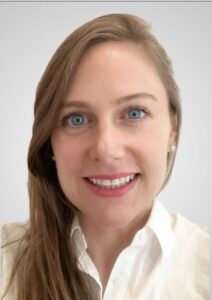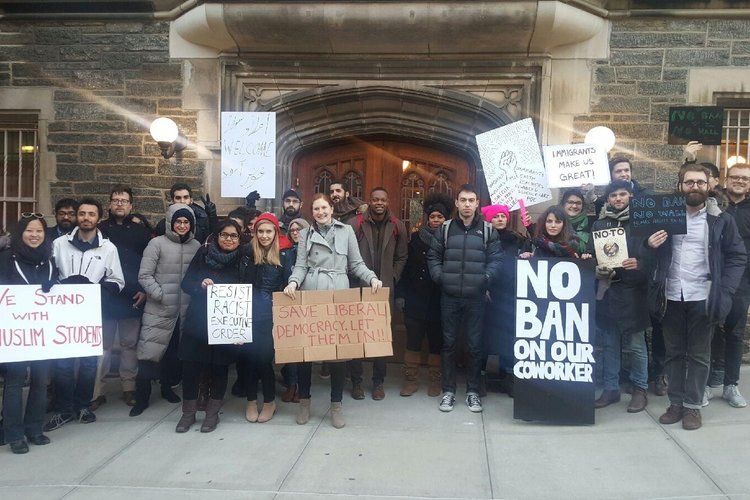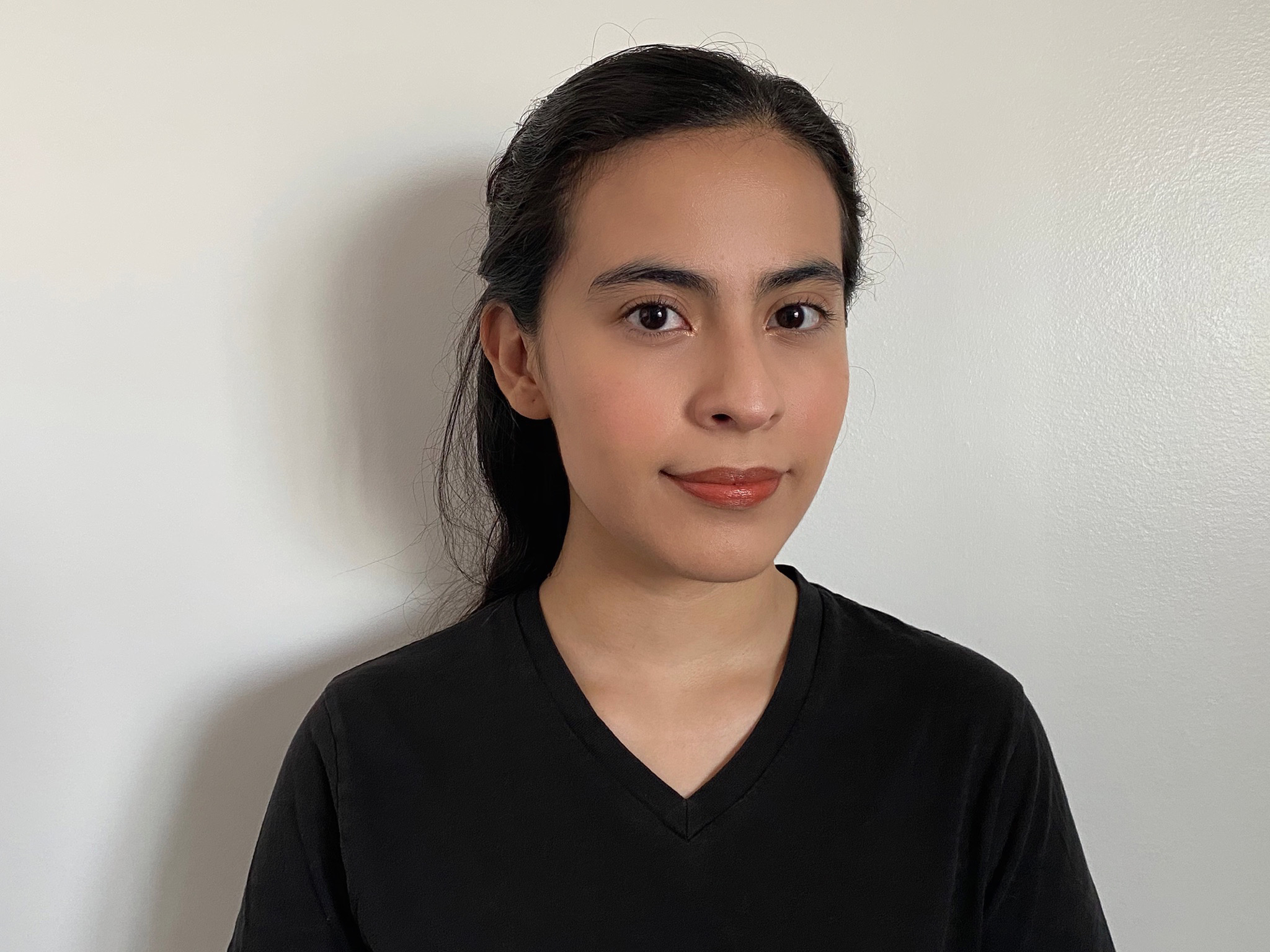Lawyers dedicated to pursuing social justice and serving the marginalized are essential in today’s world to uphold fairness and equality in our legal system and society at large. Among them is Dr. Joan Robinson, an assistant professor of Social Science and Law in the Division of Interdisciplinary Studies at City College. Her journey from practicing law to academia continues her commitment to addressing inequality and advocating for marginalized communities.

Dr. Joan Robinson. Photo: Courtesy of Dr. Robinson.
Dr. Robinson’s journey into law was deeply influenced by her upbringing and observations of societal disparities, like classism and racism, in her hometown.
“Even in my own extended family, I saw how gender was driving economic disparities,” Robinson shared. “I saw those inequalities from the beginning and had a desire to do something about them.”
She obtained her bachelor’s degree at Syracuse University, where she double majored in Political Science and Women’s Studies and prepared for a legal career focused on women.
“I never had any interest in corporate law, or working in-house counsel for a major corporation, or anything like that,” Robinson said. “I was determined to represent low-income women and their families.”
After graduating from Brooklyn Law School and passing the New York State Bar exam, Robinson began to put her knowledge into practice as a Staff Attorney at The Legal Aid Society.
“I represented households in the South Bronx and Brooklyn mostly headed by women with families, facing horrible injustices like eviction, loss of benefits, deportation, or domestic violence,” Robinson shared. “I really appreciated my time there, I felt like I was truly contributing to reducing inequality by representing and fighting for them.”
However, her passion for addressing social inequalities extended beyond the courtroom. Robinson began her transition to academia when she was accepted into Columbia University, where she earned a Ph.D. in Sociology. While at Columbia, she merged her expertise in law with a newfound focus on empirical research to extend her understanding of social inequalities. Then she was thrilled to be hired at CCNY, well-known for its historical legacy combating educational inequality and known as a top engine of social mobility nationally.
Robinson’s current research focus is the intersection of technology and social inequality. Her work explores how technologies, from medical devices to everyday objects, reflect and perpetuate societal biases.
“The people who are involved in developing technologies are not neutral entities. Those technologies therefore have politics forged into them, based on the assumptions of the designers or funders,” Robinson explained. “I’m really interested in how technologies can be physical embodiments of assumptions from society that are built into them.”
Robinson’s main project is a book she is currently in the process of finishing. The book explores the history of the home pregnancy test, from its creation to analyzing the variety of different ways it is used in society today. It will include extensive research on lab work, interviews with inventors and people using the pregnancy test today, comparisons of how it is used in different parts of a user’s life and how it is used in the legal system as well.
Robinson also collaborates on projects addressing device-associated infections and adverse birth experiences, highlighting the disproportionate impact on marginalized communities.

Photo: Courtesy of Dr. Robinson
In addition to her research pursuits, she is committed to educating the next generation of scholars. She teaches courses at CCNY, such as “Doing Social Research” and “Inequality and Social Justice,” in which students learn the ethics of research, information literacy and how various forms of social inequalities intersect.
Reflecting on her own journey, Robinson offers some advice for aspiring scholars and attorneys, encouraging them to advocate for themselves and seize opportunities without hesitation.
“Self-advocacy is essential for your personal and professional growth,” Robinson shares. “Embrace the courage to ask for opportunities, and make opportunities for others. Remember, everyone has failures and rejections, both of which build character – give yourself the same grace and equanimity that you give to others. Formulate a clear goal, then build relationships to help you get there. And never underestimate yourself, what you can achieve, or what you can achieve working together. A more just society is possible.”

Sofia is a graduate student at CUNY Brooklyn College, where she’s pursuing her M.S. in Media Studies. In addition to writing for The RICC, she’s a writer for the features section of Brooklyn College’s student-run newspaper, The Vanguard. She is also a dedicated writer for the Brooklyn News Service.